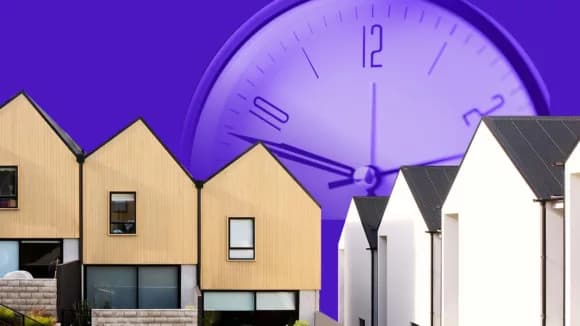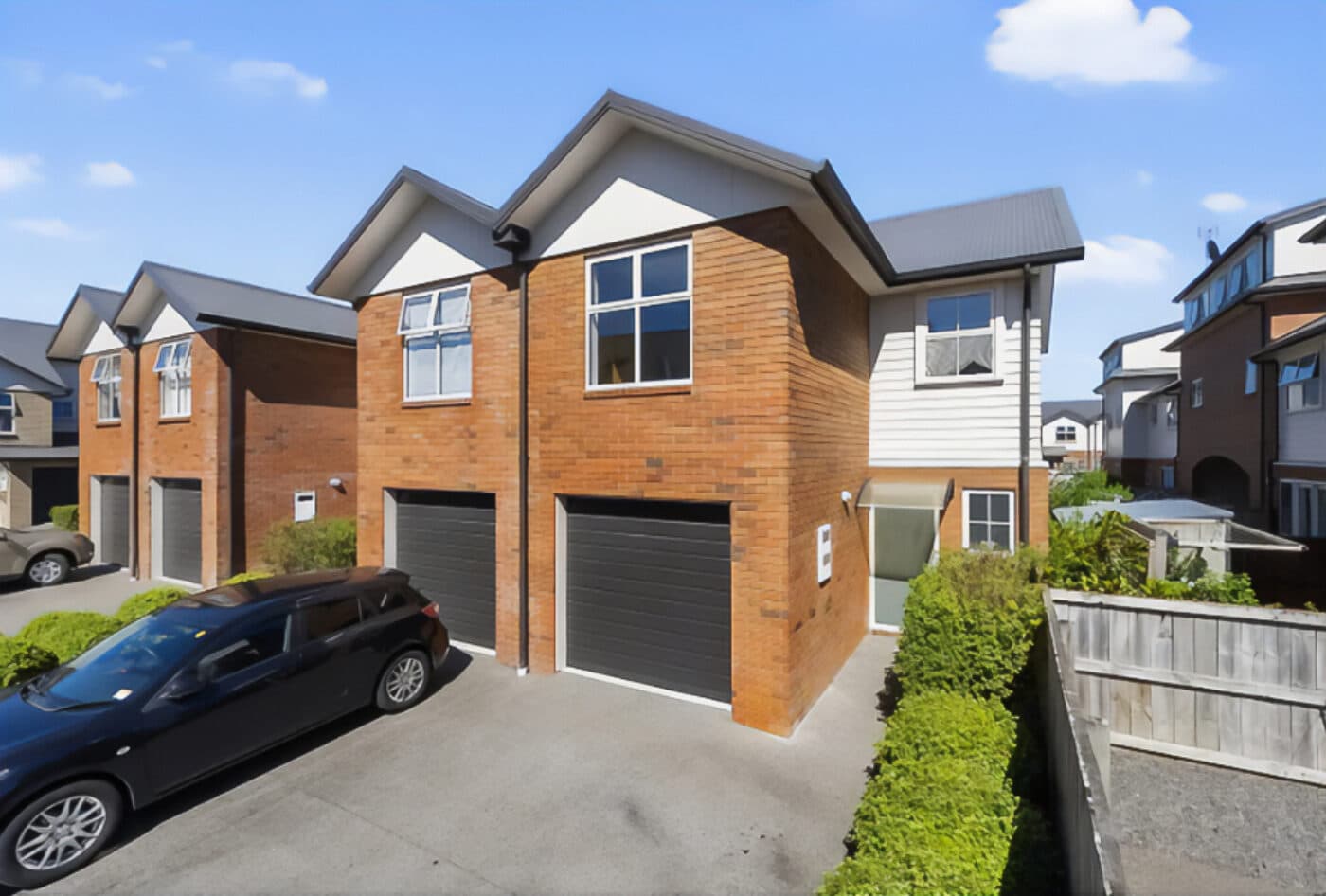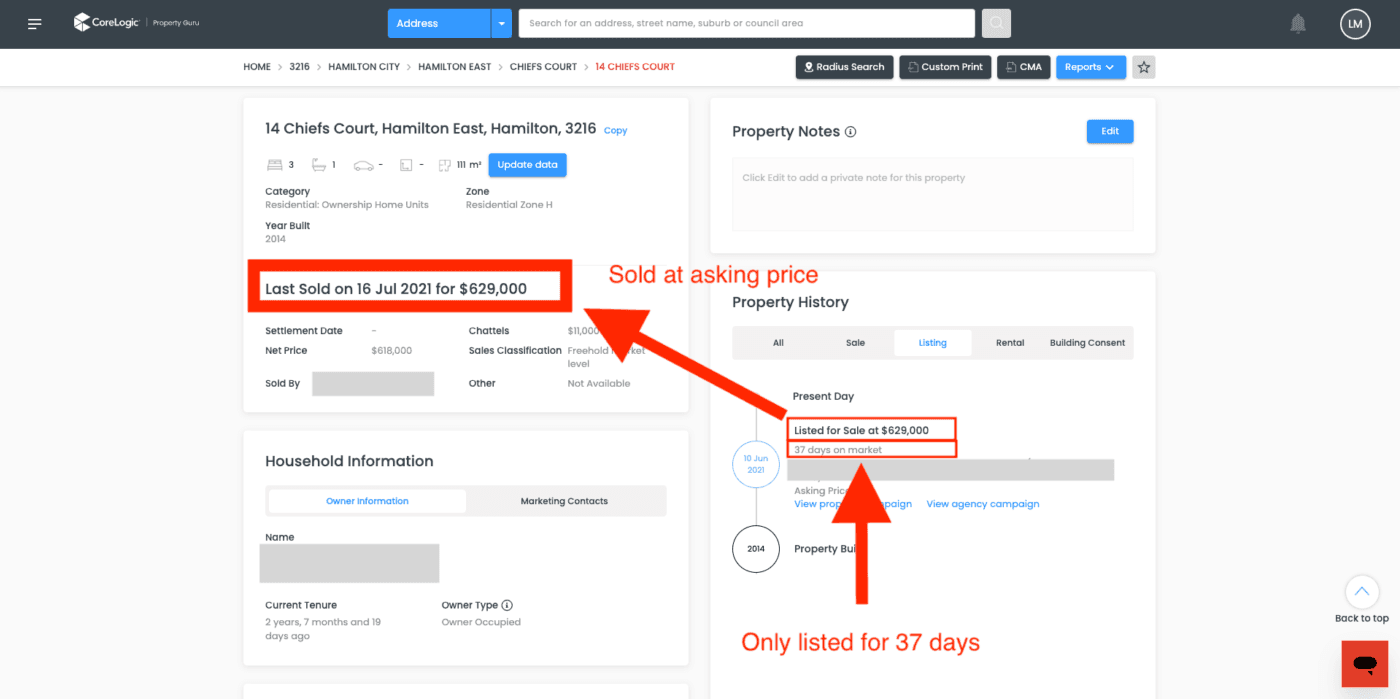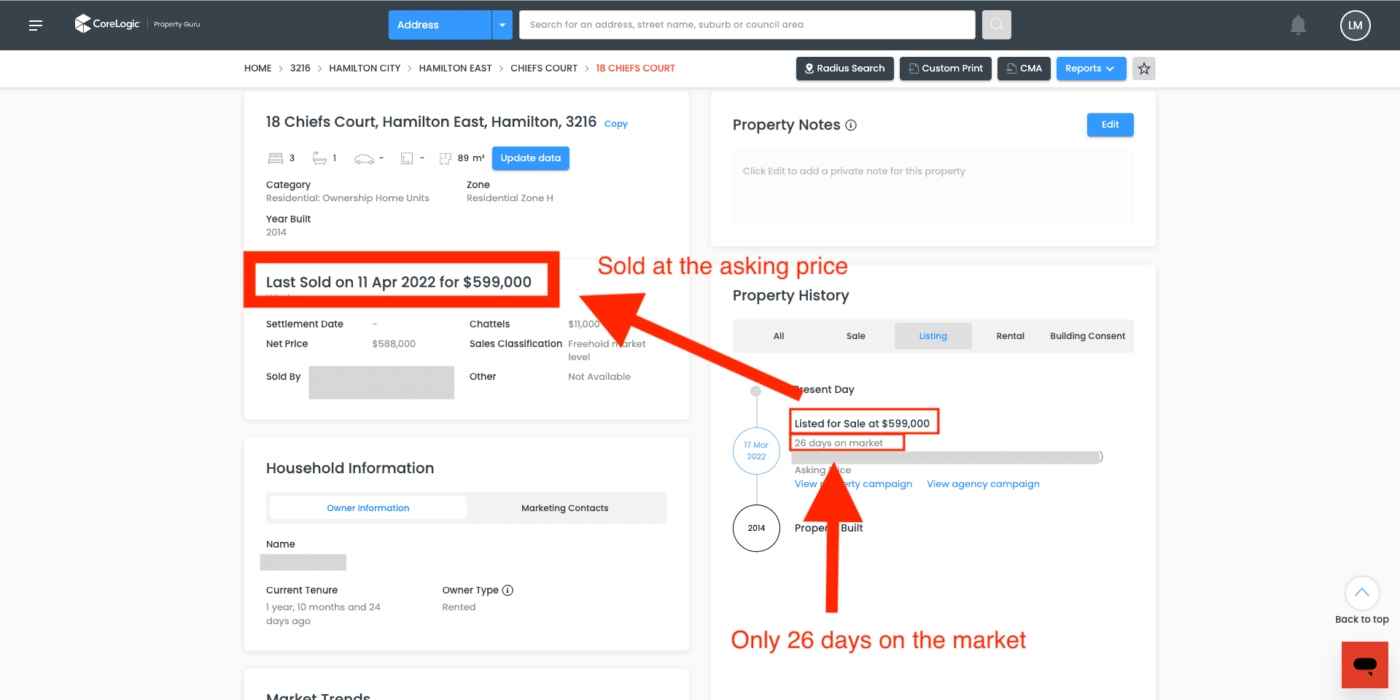
Property Investment
How to know if you can really afford an investment property top-up
Not sure if you can afford a $200-$350 weekly top-up on an investment property? Learn how to test your budget before you buy.
New Builds
5 min read

Author: Andrew Nicol
Managing Director, 20+ Years' Experience Investing In Property, Author & Host
Reviewed by: Laine Moger
Journalist and Property Educator, holds a Bachelor of Communication (Honours) from Massey University.
Investors often think townhouses (and townhouses in large developments) take longer to sell.
The logic is: “If you buy a townhouse, there will be several similar units. If you all try to sell at the same time, you’ll face competition, so it could take longer to sell”.
But is it true?
Here at Opes Partners, we help investors buy New Build properties. Many of these investors buy townhouses.
So, we have an incentive to write a biased article and tell you that townhouses sell as fast as other properties. But that’s not true. There can be a difference.
Here at Opes Partners, we believe in being blatantly honest. So, we’re going to show you the differences (based on data) so you can make an informed investment decision.
In this article, you’ll learn how long townhouses take to sell. You’ll also learn whether the size of the development makes a difference.
Quick facts:
Townhouses can take longer to sell than houses.
Townhouses took an extra 5 days to sell compared to houses in Auckland and Christchurch. This is based on house sales data throughout 2023.
However, townhouses in Wellington City sold slightly faster than houses.
Apartments take the longest to sell. That’s clear across all 3 major cities.
As a general rule of thumb, townhouses take an extra 0.5 - 1 week(s) to sell. That’s compared to a house.
For apartments, they take an extra 10 – 21 days to sell. That’s an extra 1.5 – 3 weeks compared to a house.
These numbers have stayed relatively consistent over time. But sometimes apartments can take substantially longer to sell. At one point back in the 2000s it took an extra 1 – 2 months to sell an apartment compared to a house.
So, yes, townhouses do take a few more days to sell compared to houses.
That difference will be important for some investors.
Others will think, “It might take me an extra 5 days to find a buyer when I’m ready to sell, but that’s not that much. I’m going to buy a townhouse because it’s cheaper.”
Now you have the data, the decision is up to you.
We know townhouses can take a few more days to sell than houses. But does the size of the development make a difference?
You might reason that if a development has 100+ units, there will be more competition when you want to sell.
You may think, “If a couple of people are trying to sell at the same time, the units are similar, so it could be harder to sell.”
Let’s go through 2 examples to test the theory.
I first wanted to test this theory with data.
One way is to ask, “Do townhouses take longer to sell in suburbs where there are lots of townhouses?”
If the theory is true, then townhouses in those suburbs should take longer to find a buyer.
Auckland’s Hobsonville and West Harbour have lots of townhouses; 50-60% of the properties sold are units.
Do these townhouses take longer to sell compared to similar properties in nearby suburbs?
By and large, it’s pretty much the same.
In fact last year, townhouses in Waitakere (an area with fewer townhouses) took longer to sell.
So, townhouses sold faster in areas where there are lots of townhouses.
In suburbs with fewer townhouses, similar properties took longer to sell.
Why? Probably because people wanting to buy townhouses look in areas where there are lots of them.
Now, let’s look at a specific development. It’s on Chiefs Court, Hamilton.

This is a larger development of 90 townhouses, built in 2014. Almost all are 3 beds with 1 bath.
So you might think: “Will it be hard to sell if other owners are selling at the same time?”
There are a few questions to ask:
1) How many units sell each year?
Around 2 - 10 units sell in this development each year. That number typically sits around 5 or 6 annually.
Interestingly, 11 units sold in 2014 – the same year the properties were built. So, the developer likely held some properties back once they were built. So, 2014 is likely an outlier year.
The truth is that not everyone sells at the same time.
In 2015, 2018 and 2023 only 2 out of 90 units re-sold. Everyone else didn’t need to sell.
So the idea that there will always be a lot of competition is not necessarily true.
1) How long are these properties taking to sell?
To go even deeper, I’ve looked at a few units to see how long they took to sell.
14 Chiefs Court took 37 days to sell (around 5 weeks) and it sold for the asking price.

18 Chiefs Court only took 26 days to sell (3.5 weeks) and also sold for the asking price.

Both properties sold quite quickly at good prices.
It doesn’t always work out that way; some units will do well and others won’t.
In this case study, I don’t see evidence that buying in a large development means properties take way longer to sell.
As a whole, townhouses take a few more days to sell compared to houses.
But, there’s not a lot of evidence that the size of the development makes a big difference.
Why? Not everyone in your development will sell their properties at once. So, there might not be as much competition as you think.
Sure, it could potentially take a few more days, but we're talking days, not weeks or months.
Here at Opes, we work with investors every day. So, we know this can be a worry for some Kiwi investors.
But we sometimes make mountains out of molehills … we think things are bigger problems than they are.
I say that because I've been there too.
So my question is, “Where should this be on your priority list?”
The size of the development doesn’t have a massive impact on how easy or hard it is to sell a property, so don’t worry too much about it.
Instead, focus on things like:
Managing Director, 20+ Years' Experience Investing In Property, Author & Host
Andrew Nicol, Managing Director at Opes Partners, is a seasoned financial adviser and property investment expert with 20+ years of experience. With 40 investment properties, he hosts the Property Academy Podcast, co-authored 'Wealth Plan' with Ed Mcknight, and has helped 1,894 Kiwis achieve financial security through property investment.
This article is for your general information. It’s not financial advice. See here for details about our Financial Advice Provider Disclosure. So Opes isn’t telling you what to do with your own money.
We’ve made every effort to make sure the information is accurate. But we occasionally get the odd fact wrong. Make sure you do your own research or talk to a financial adviser before making any investment decisions.
You might like to use us or another financial adviser